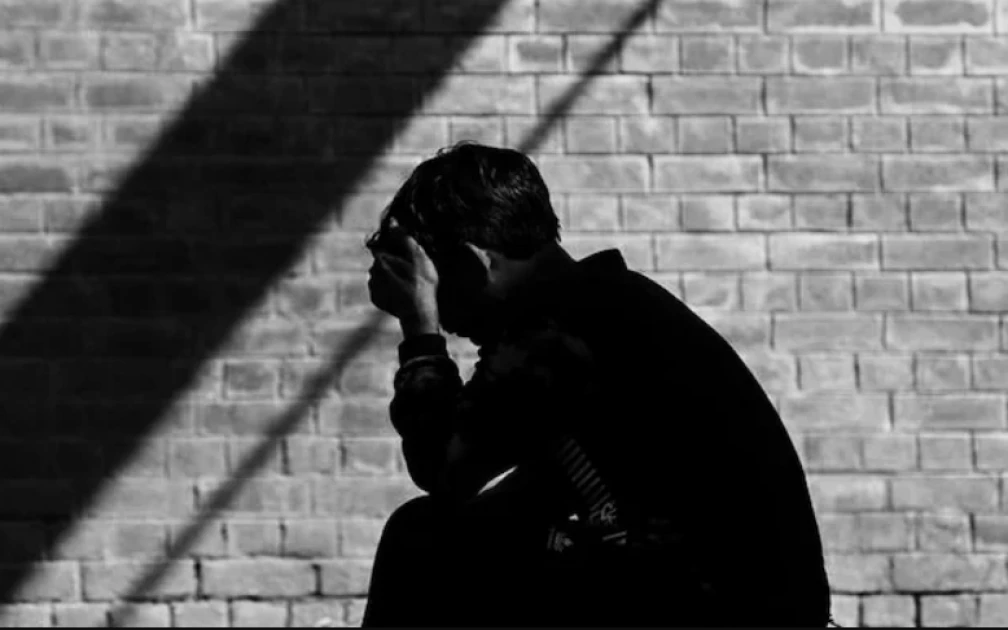Four signs that your child could be in trouble


Audio By Vocalize
Children who encounter emotional or mental
health issues may have a challenge communicating their feelings because they
are oblivious to what is going on. As a parent, you should always keep an eye
on your kids to spot any red flags. Early detection facilitates planning and enables
one to provide guidance, support, and take appropriate interventions.
A lot of children struggle with issues
including bullying, stress, peer pressure, low self-esteem and anxiety, while
others live in an unwelcoming environment. The youngsters may be could be
undergoing difficult times if they demonstrate a wide range of strange,
annoying, destructive, or generally delinquent behaviour over an extended
period of time. If you have reason to believe your child is in this state, it's
critical to watch out for a few warning signals.
According to the World Health Organization
(WHO), the quality of the environment where children and adolescents grow up
shapes their well-being and development. Early negative experiences in homes,
schools, or digital spaces, such as exposure to violence, the mental illness of
a parent or other caregiver, bullying and poverty, increase the risk of mental
illness.
Children frequently experience emotional or
social difficulties, and their inability to cope with daily stress has a
detrimental effect on their academic achievement. They are not focused,
frequently misbehave, and skip class. Some people could begin to complain about
their physical discomfort and decide to stay in. They have a difficult time
catching up with their education depending on how much time they missed school,
which affects their academic achievement.
If your once social child starts spending an inordinate
amount of time away from home or locked in his/her room, it is definitely a red
flag. If your teen starts withdrawing from you or your spouse, there's a
reason. As a parent, it's your responsibility to identify what's behind that
new development.
A child's behaviour changing dramatically is
the primary indicator that they are in trouble. Talking less than usual,
isolating oneself, and disobeying authority are possible causes. The child's
emotional responses to others may also have changed. As an illustration, mood
swings that changed over time, melancholy, elevated anxiety, hopelessness, or
depression. Another possibility is a sudden change in friends, withdrawal from
previously enjoyed hobbies, a lack of interest, motivation, and energy. Other
possibilities include wearing too many bracelets, which could be a cover for
self-harm.
Some kids may yell, show irritation,
overreact, have unexpected outbreaks of anger, or even threaten others.
Children who are troubled also exhibit secretive behaviour such as hiding
items, telling lies to cover up their transgressions, or no response. Others
tend to be rude, disobedient, rebellious and aggressive.
Children who are troubled tend to harm
themselves or others, this is one of the most concerning consequences. They
experience emotional difficulties and frequently vent their rage on other
people. You should get your child help if you observe that they are picking
fights, threatening people, fantasizing about violence, or even hurting other
kids or animals.


Leave a Comment